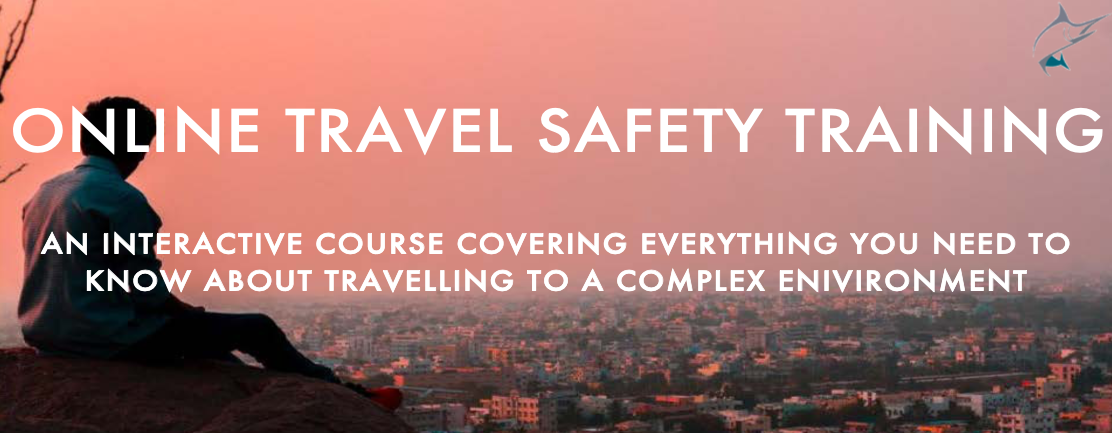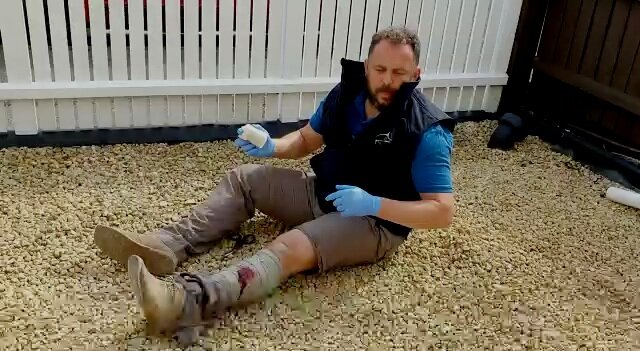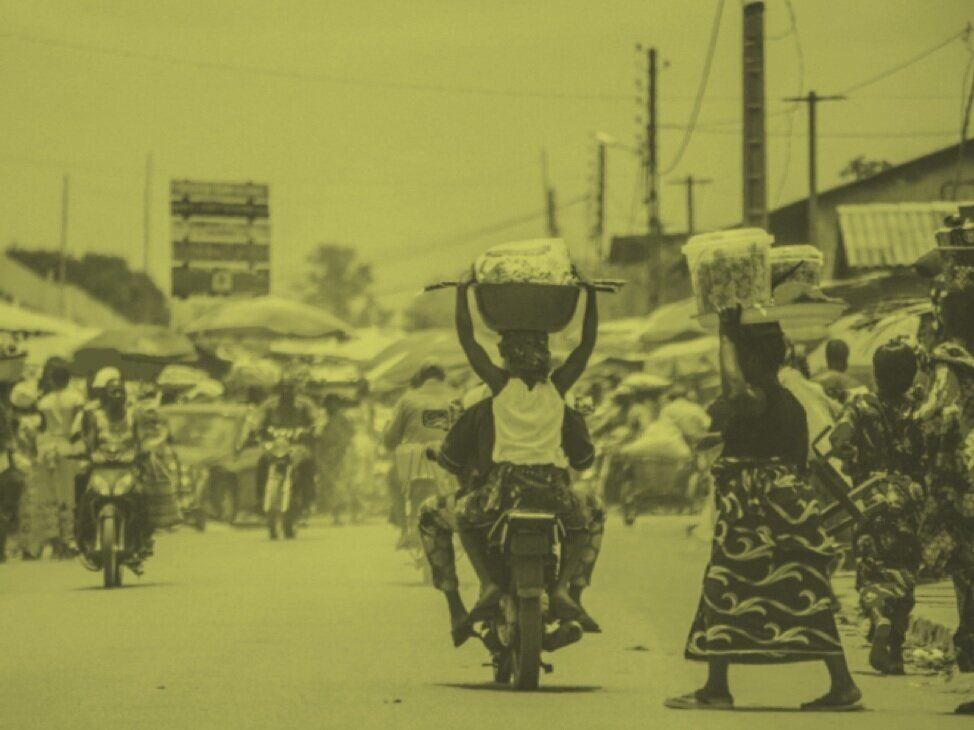Nigerian Business Delivery Within the Covid-19 Envelope
Earlier this week the Spearfish West Africa team led by Managing Director Dan Hooton invited some of their clients to a virtual roundtable. The event was split up into 3 discussions topics each led by a different member of the SWA Team.
Here is a summary of those discussion points:
What are the necessary conditions for a return to work in What are the necessary conditions for a return to work in offices?
What Duty of Care provisions will be necessary in order for staff to come to the office?
What are the challenges?
Jacob Akinola – Senior Security Advisor:
The coronavirus outbreak which started in late 2019, has caused massive disruption to the international system with its impact felt in every facet of human life. In a matter of months, the virus swept across the globe, infecting millions of people in almost every country and dominated news cycles around the world.
Here in Nigeria, the Federal Government began an immediate lockdown in March 2020 by imposing travel restrictions at every level; closed down schools markets, government offices, recreational centres and financial institutions. Essentially, the whole country was closed for business except for essential services like utilities, security, and health services. International oil price crashed, leading to hyperinflation in Nigeria and according to the Minister of Finance, the Nigerian economy could very soon experience the worst recession since the 1980s.
The development sector was grounded to a complete halt during the lockdown. Although organisations continue to operate from home through new ways of working like online meetings and other virtual channels. The outbreak initially seamed temporary, like how the Ebola outbreak a few years ago came and went within 2 months; but 4 months into this outbreak and there appears no end in sight as we begin to experience a record number of cases around the country.
This section of the Round Table Discussion looks at the impact of this pandemic to the Development Sector and analyses response by your organisations towards the new COVID-19 work environment and what immediate plans you have in dealing with this ‘New Normal’ as organisations prepare to return to work.
How should we manage burgeoning security challenges associated with the lockdown and the post-COVID Horizon?
Kabir Adamu– Spearfish Senior Security Advisor:
We’ve seen an increase in media reporting of terrorist activity, crime, and kidnapping, particularly in the northern states. When we resume operations, how will these changes in the security environment affect us? How does this impact your approach to Duty of Care? What is your organisation doing to reassure staff and to address the psychological impact of the situation?
There has also been a clear rise in gender-based violence under lock-down, both domestic and non-domestic. Does your organisation have anything in place to support staff affected by gender-based violence? Does your team know what to look out for in spotting signs of gender-based violence? Do you have protocols in place for workplace violence?
With the economic impact of COVID, we’re likely to face new operational challenges too. There will likely be a significant increase in basic operating costs, e.g. rising fuel prices; limited car capacity means more vehicles required, etc. We can also expect the financial toll on government services to affect us indirectly. For example, we may see new logistical challenges arise as a result of a crackdown on permits and fines (e.g. AMAC/DOAS). There may also be an increased corruption and extortion, some through official government bodies, some through illegitimate groups.
What are the implications of these changes on how we look after staff over the longer term?
What does the effective duty of care look like within the Covid envelope?
How can we structure projects to take advantage of these conditions?
Neal Peckham – Spearfish Country Manager, SWA:
Staff travelling around the country will have the additional stress of whether appropriate COVID protocols are in place whilst they travel and at their destinations. We know already that air travel is to carry additional delays, for example, airport check-in times of up to 3 hours before domestic flights and 5 hours before international flights.
What protocols are being applied by hire car companies? For hotels, security managers will need to pool resources to build a database of hotel COVID compliance, starting very much from scratch, and organisations will need a common view of what constitutes the MOSS (Minimum Operational Safety Standards) benchmarks for COVID mitigation.
Certainly, hotels will want to build back their custom base as quickly as possible. So initially, there could be well presented and completely appropriate protocols visible for inspection. However, these mitigations might be very superficial – yes, there are social distancing marks and clearly signed routes; but what training have the staff been given in relation to cleaning protocols, and will hotels be able to maintain acceptable standards over time? There is clear risk that hotel COVID protocols could be both superficial and transitory.
What does the effective duty of care look like within the COVID envelope?
So, if we can’t be sure that we are sending staff to hotels with sufficiently robust anti- COVID mitigations, what DoC provision should be provided by the employer?
My view is that, ultimately, personal safety is the responsibility of the individual. But DoC requires that staff being asked to travel for work are given proper training and knowledge of both the risk and means of mitigation. For COVID, apart from personal awareness training, perhaps the employer should be responsible for provision of face masks, gloves and sanitizer in all circumstances (not just in the office). And appropriate driver training on vehicle disinfection and seating plans for company drivers and for the coordination on MOSS with hire car companies.
Organisations will also have to deal with additional pressure of emotional stress imposed by COVID. Your organisation’s Duty of Care obligations extend to the psychological wellbeing of your staff. Ultimately, every member of staff has the right to refuse to work on the basis of health and safety concerns. What are organisations doing to address that?
How can we structure a business to take advantage of these conditions?
We’re not expecting COVID to go away any time soon. So, we should view this as an opportunity to adapt for the long run.
Travel will, for the foreseeable future, place considerable extra stress and risk for staff, so is there another way of delivery? Perhaps a redesign of recruiting from central to regionally employed staff delivering in their own local area, with operational management remotely via Teams/Zoom.
The obvious risks of loss of recruitment quality control might be more than adequately compensated by the local knowledge and contacts delivered by staff from within their own comfort zone.
The calibre of discussion was high and thought-provoking. Even in these challenging times, when face to face contact is limited, balanced debate and open conversation still dominate.
























